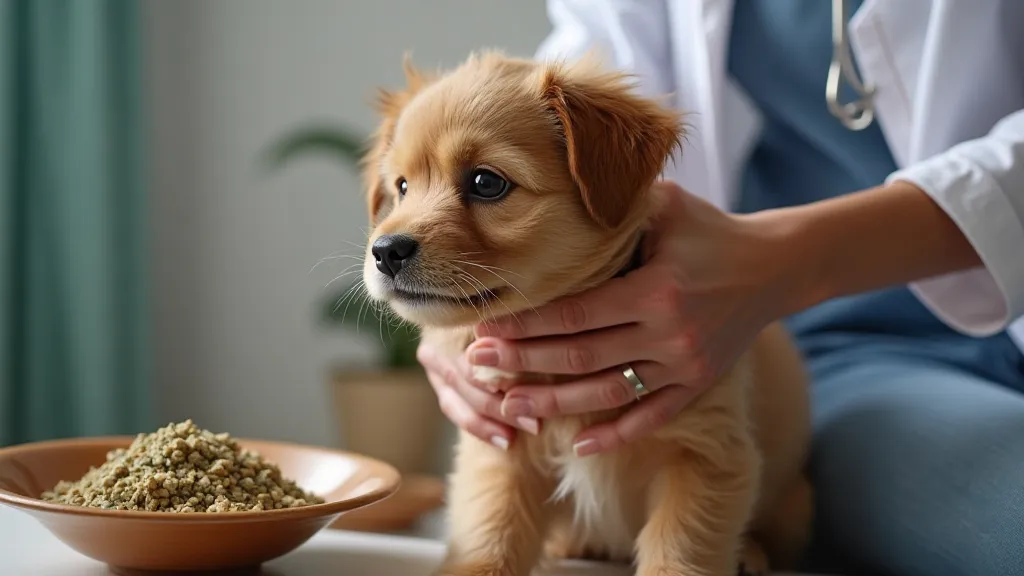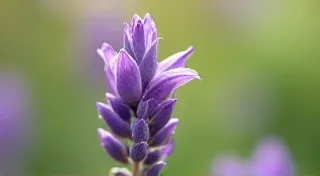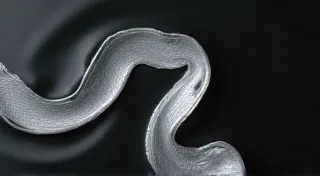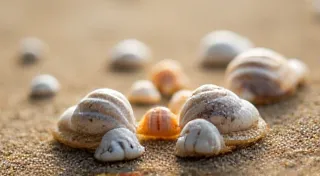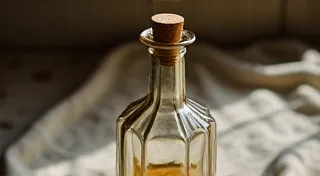The Verdant Whisper: Decoding Your Pet's Herbal Longing
There's a certain magic held within antique accordions, a breathing resonance of a bygone era. They stand as testaments to painstaking craftsmanship, to the slow and deliberate process of creation. Each bellows, each key, each hand-painted decoration tells a story of dedication. Similarly, the world of herbalism – and increasingly, the understanding of how we can safely offer those gifts to our beloved pets – speaks to a similar reverence for the natural world, for the slow unfolding of wellness.
We feed our dogs, cats, and rabbits carefully curated diets, seeking the highest quality ingredients. But what about the subtle imbalances that diet alone can’t always address? What about the anxious chihuahua trembling at thunderstorms, the cat prone to urinary issues, or the rabbit struggling with digestive sensitivities? Just as a skilled accordion repairer doesn't simply replace broken parts, but meticulously assesses the entire instrument to restore its voice, so too must we approach our pets’ well-being with nuance and understanding. This is where the concept of specialized tea blends – or, more accurately, herbal infusions – begins to shine.

A Human Tradition, A Pet’s Parallel
The practice of using herbs for healing is as old as humanity itself. Traditional Chinese Medicine, Ayurvedic medicine – these systems, born from millennia of observation and experimentation, recognize the body's inherent ability to heal itself when supported by nature's bounty. We, as humans, have long turned to herbs for everything from calming nerves to supporting digestion. Now, we’re beginning to truly appreciate the remarkable parallels between human and animal physiology, and how carefully selected herbal infusions can gently nudge our pets back towards balance. The rich history of herbal remedies extends beyond human use; understanding the responsible harvesting and sustainable practices is key to maintaining these traditions for future generations - a topic explored further in Whispers from the Meadow: Harvesting Wild Herbs Responsibly.
Think about the comfort a warm cup of chamomile offers a stressed human. The principle is the same for an anxious dog – the calming properties of chamomile, when carefully administered, can ease their worries. Or consider the digestive support offered by ginger for humans; a small, diluted infusion can sometimes aid a rabbit experiencing mild digestive upset. It's not about replacing veterinary care – that remains paramount – but about offering a complementary, gentle approach to promoting overall wellness. The key lies in *specialization*. We’re not simply brewing tea; we’re crafting bespoke herbal solutions.
Safety First: The Cornerstone of Pet Herbalism
Before we dive into specific blends, let’s address the crucial point of safety. Not all herbs safe for humans are safe for pets. In fact, many common herbs can be toxic. The liver processes medications and herbs differently in different species. What’s gentle for us can be harmful to our furry, scaled, or hoppy companions. This is not an area for experimentation; it demands research and, ideally, consultation with a veterinarian knowledgeable in herbal remedies. Many animal shelters are looking for gentle and accessible ways to aid traumatized animals - a topic explored in more depth in Echoes of the Forest: Calming Anxiety in Shelter Pets with Herbal Teas.
Certain herbs are simply off-limits. Lilies, for instance, are incredibly toxic to cats, even in small amounts. Chocolate, coffee, and grapes are dangerous for dogs. Even seemingly benign herbs like parsley can be problematic in large quantities. Always start with incredibly small doses – a teaspoon for a dog, a tiny fraction for a cat or rabbit – and observe closely for any adverse reactions. Dilution is your best friend. Think of it like restoring an accordion; you wouldn't immediately strip it down to bare components; you would carefully assess and address each area, one step at a time.
Crafting Targeted Blends: Recipes for Well-being
Let's explore a few examples of safe and potentially beneficial herbal infusions, bearing in mind that these are *suggestions* and require individual assessment. Remember, always consult with a veterinarian before introducing any new herbs into your pet’s routine.
For the Anxious Dog: The “Calm Paws” Blend
This blend aims to ease anxiety and promote relaxation. Ingredients include chamomile flowers (calming), oatstraw (nerve tonic, gentle sedative), and lavender flowers (relaxing – use sparingly, as some dogs are sensitive). Use approximately 1 teaspoon of dried herbs per 8 ounces of hot water. Steep for 10-15 minutes, strain, and offer in a small amount, diluted with water.
For the Cat with Urinary Concerns: The “Gentle Stream” Infusion
This blend focuses on supporting urinary tract health. Ingredients could include dandelion leaf (gentle diuretic), and uva ursi (traditionally used for urinary tract support – *use with caution and only under veterinary guidance*). The key here is dilution. A tiny fraction of a teaspoon of dried herbs for 8 ounces of hot water, steeped for a short period, and offered in very small quantities. Many cats prefer their water with a slightly "flavored" quality, so a very weak infusion can encourage hydration.
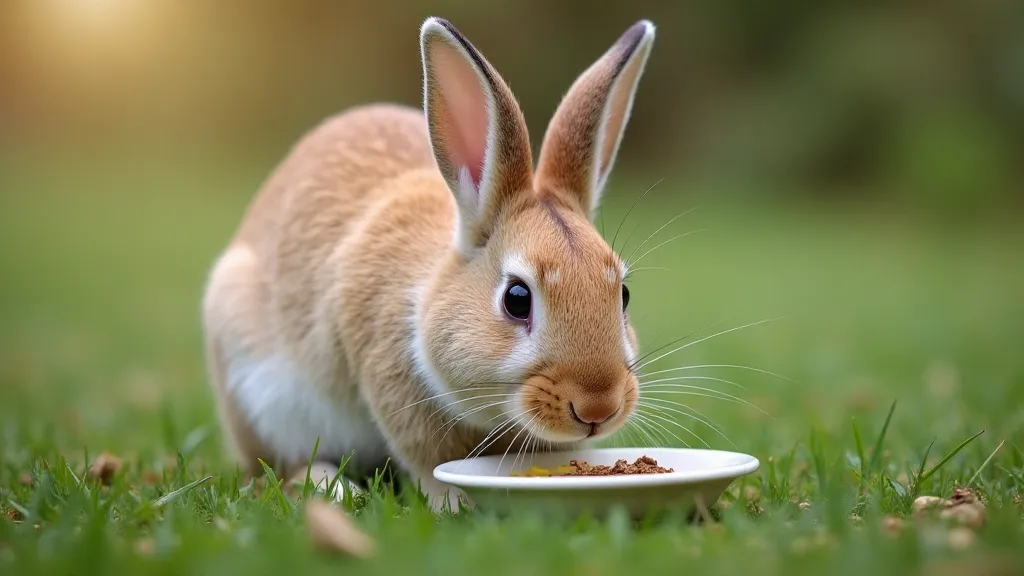
For the Rabbit with Digestive Sensitivities: The “Happy Gut” Blend
This blend aims to soothe the digestive system. Ingredients might include fennel fronds (digestive aid, carminative), and marshmallow leaf (soothing to the mucous membranes). Rabbits are particularly sensitive, so start with an extremely weak infusion - a pinch of herbs per 8 ounces of water. Many rabbits find the taste of herbs unpalatable, so presentation is important; offer it as part of a larger water bowl so they can access it freely. Identifying and addressing specific allergies in our canine companions can be a challenge – a complex process explored in more detail in The Canine Compass: Navigating Allergies Through Herbal Infusion.
The Art of Observation: Tuning In to Your Pet’s Needs
Ultimately, the most important ingredient in any pet herbal remedy is observation. Just as a skilled accordion restorer listens intently to the instrument's tone, feeling its vibrations and understanding its imperfections, we must tune in to our pets’ subtle cues. Are they truly benefiting from the infusion? Are they exhibiting any adverse reactions? Are there underlying issues that require veterinary attention?
Herbalism isn’t a quick fix; it’s a journey. It requires patience, diligence, and a deep appreciation for the intricate connection between our pets and the natural world. It’s about more than just administering herbs; it’s about fostering a sense of harmony and balance – a “verdant whisper” – that resonates throughout their entire being. The wisdom of herbalism has been passed down through generations – a legacy that we can continue to honor and expand upon, as discussed further in The Legacy of the Herbalist: Passing Down Ancient Pet Healing Wisdom.
Restoring an antique accordion isn’t simply about fixing broken components, but in bringing back a piece of history, a piece of an artist’s voice. Similarly, offering safe and targeted herbal remedies to our pets is an act of profound care, a way to nurture their well-being and celebrate the unique bond we share. It’s about listening to their bodies, their behaviors, and offering a gentle, natural approach to supporting their overall health and happiness. The process involves understanding the nuances of canine physiology and behavior, recognizing that each animal is unique and responds differently to various treatments. This requires careful observation and adjustments to the herbal blend, ensuring the pet’s comfort and well-being are prioritized. Moreover, a holistic approach to pet health involves not only addressing physical ailments but also nurturing their emotional and mental states, fostering a deep sense of harmony and balance. This can involve providing a stimulating environment, offering plenty of opportunities for play and interaction, and providing a sense of security and love. By combining traditional herbal remedies with a nurturing and holistic approach, we can help our beloved companions live long, healthy, and fulfilling lives.
